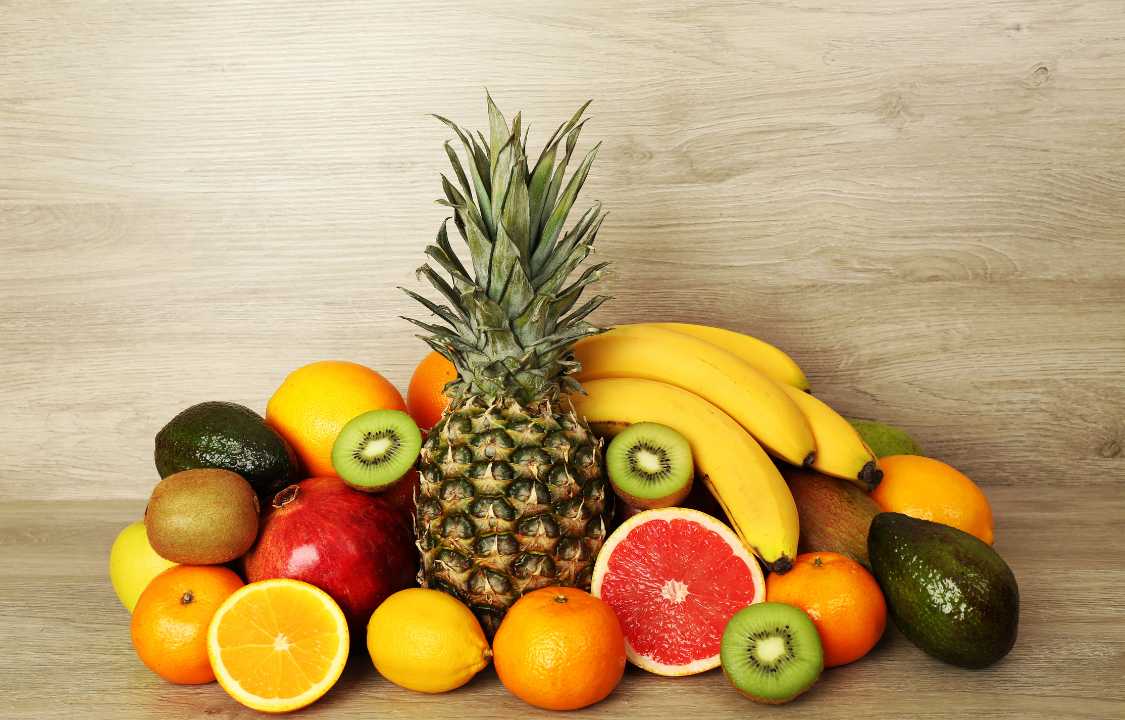Health Benefits
Eat these Fruits for their Anti-Inflammatory Benefits
Fruits, as nature’s original desserts, play a crucial role in protecting our bodies from diseases. Consuming at least one-and-a-half to two cups of diverse fruits daily can enhance antioxidant activity. Fruits are particularly rich in anti-inflammatory compounds, providing vital protection against heart disease, diabetes, specific cancers, and bowel diseases.
To ensure an adequate intake of healthful fruits, a strategy is to align your diet with the seasons. Opt for grapes and stone fruits during the summer, apples and pears in the fall, persimmons and pomegranates in the winter, and citrus and cherries in the spring. This approach ensures a varied and nutrient-rich fruit selection throughout the year.
While all fruits contribute disease-protective nutrients, some have gained special attention for their anti-inflammatory benefits:
1. Citrus: Oranges, grapefruits, lemons, and limes are rich in vitamin C, fiber, potassium, calcium, B vitamins, and anti-inflammatory phytochemicals like flavonoids and carotenoids, contributing to potential heart-protective effects.
2. Pomegranates: Those tiny pomegranate seeds contain big rewards of vitamins C and K, potassium, fiber, and potent phytochemicals such as anthocyanin and resveratrol. These nutrients may be behind the potential benefits of eating pomegranates.
3. Grapes: These succulent fruits are bursting with fiber, vitamins C and K, and powerful phytochemicals. Resveratrol, found in grape skins, has been studied for its anti-inflammatory and antioxidant properties. Grapes also contain quercetin, known for its potential anti-inflammatory effects.
4. Melons: Watermelon, cantaloupe, and honeydew are hydrating fruits rich in vitamins A and C. Watermelon, in particular, contains lycopene, an antioxidant associated with anti-inflammatory properties.
5. Pineapple: This tropical fruit contains bromelain, an enzyme with anti-inflammatory properties. Pineapple is also rich in vitamin C, manganese, and antioxidants.
6. Mango: Mangoes are a good source of vitamins A and C, as well as fiber and anti-inflammatory compounds like quercetin, beta-carotene, and polyphenols.
7. Avocado: While technically a berry, avocados offer healthy monounsaturated fats, potassium, and vitamin K. They also contain anti-inflammatory compounds, including carotenoids and tocopherols.
8. Kiwi: This small, green fruit is packed with vitamin C, vitamin K, fiber, and antioxidants. Kiwi may have anti-inflammatory effects and contribute to heart health.
Including a diverse range of these fruits in your diet can provide a spectrum of nutrients and compounds that may contribute to overall health and help manage inflammation.

